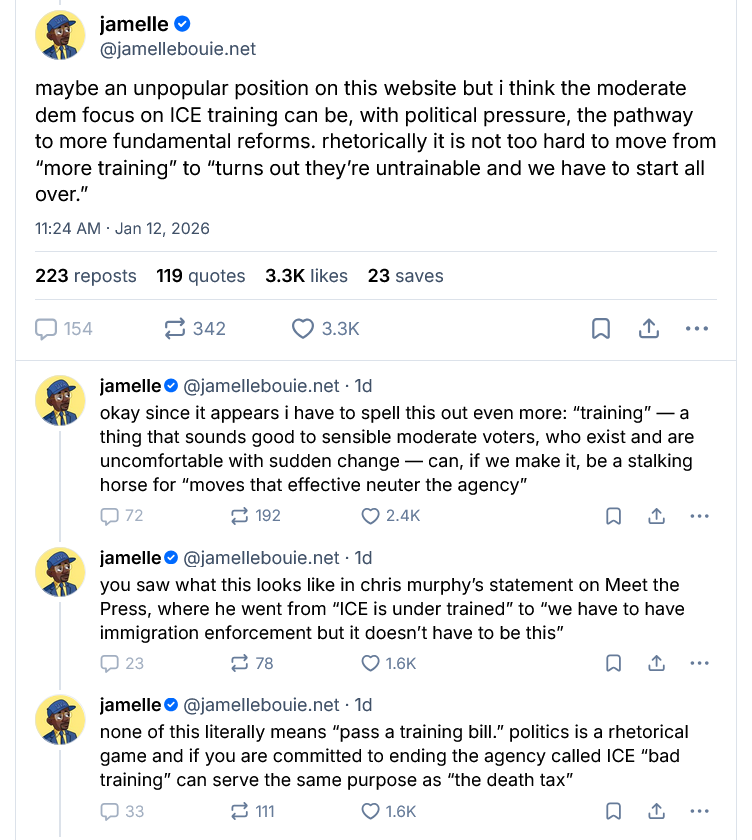Thread. Have you ever heard of "civil asset forfeiture"? You're never going to think about the police the same way again. (1)
A few years ago, when I was at the public defender's office, my very poor clients kept telling me the same story: they would be walking down the street and DC police would stop them, search them at gunpoint, tell them to open their wallets, and take all the cash they had. (2)
The wildest part? The DC police would then send them a letter saying that, if they wanted to challenge the police taking of their cash, they would need to pay either $250 or 10% of the amount taken, whichever was more! (3)
So, if police took $10 or $20 from someone, the person would need to pay $250 to even have the right to challenge the cops in court. If you couldn't pay, the cops kept your money. (4)
If you challenged them in court, you'd have to prove that your property was *not* somehow connected to a crime. Think about how hard that is. (5)
If you still wanted to challenge the DC police, they'd send a lawyer to litigate an entire civil asset forfeiture case against you, and you aren't entitled to a lawyer if you're poor because the cops call it a civil case not a criminal case. You have to fight them alone. (6)
Sure enough, when I examined the DC records, the cops had taken cash from thousands of people, almost entirely Black people. They'd also taken hundreds of cars from people, mostly older women of color. I couldn't find a single example of a person successfully challenging it. (7)
A lot of the time, cops were taking $5 and $30 from extremely poor people who were struggling to meet the basic necessities of life for their children, like buying food and diapers and shoes. (7)
In most places, there is no need for the cops to arrest you with civil forfeiture. There's no need for a conviction. They can just allege that your property is connected to a crime and take it. Then they can keep most of it for fancy weapons and corrupt travel junkets. (8)
To understand the scope of this problem, you should know that cops take more money from people in civil asset forfeiture than all burglaries combined in the U.S. (9) washingtonpost.com/news/wonk/wp/2…
The cops at the local, state, and federal levels across the country have taken almost $70 billion in civil forfeiture in the past 20 years! (10) ij.org/press-release/…
When cops ask you for more funding, remember that only 4% of all cop time is spent on what they call "violent crime." Next time they ask for money, remember the kafkaesque abuses at every U.S. police department and ask if cops actually care about safety for everyone. (end)
By the way, here's a great piece from @NewYorker that tells some of the stories of our clients in D.C. newyorker.com/magazine/2013/…
• • •
Missing some Tweet in this thread? You can try to
force a refresh







